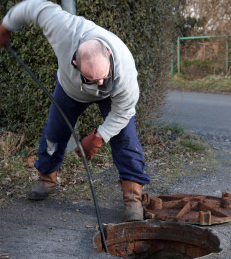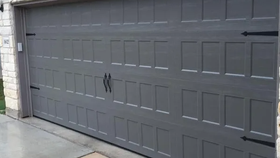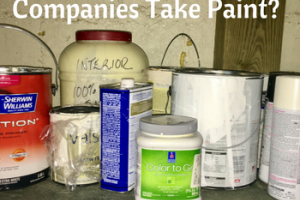
Blocked drains are a common household problem that can cause frustration and inconvenience. Whether it’s a slow draining sink or a completely clogged toilet, dealing with blocked drains can be a headache. But fear not, there are plenty of ways to resolve this issue without having to call a plumber. In this article, we’ll discuss some simple yet effective tips and tricks to keep your drains clear and flowing smoothly. So click through and let’s dive in!
Understanding the Enemy: What Causes Blocked Drains?
Before we get into how to fix blocked drains, it’s important to understand what causes them in the first place. The most common culprits include hair, grease, food particles, soap scum, and foreign objects such as paper towels or wipes. These items can easily build up in your pipes and create a blockage, resulting in slow drainage or water backup.
Prevention is Key: Regular Maintenance for Blocked Drain Prevention
The best way to deal with blocked drains is to prevent them from happening in the first place. This means practicing good maintenance habits on a regular basis. One simple and effective method is to pour boiling water down your drain once a week. This helps to dissolve any buildup and keeps your pipes clear. You can also use a mixture of baking soda and vinegar to unclog drains, as the chemical reaction helps to break down any debris.
Another key tip for prevention is to use a drain strainer or stopper in your sinks and shower drains. This will catch any hair or large particles before they have a chance to go down the drain and cause a blockage. It’s also important to avoid pouring cooking oil or grease down the drain, as these substances can solidify and create a clog. Instead, dispose of them in a sealed container in the trash.
DIY Solutions for Blocked Drains
If you do find yourself facing a clogged drain, there are several DIY solutions that can help clear it up. One popular method is using a plunger. Simply place the plunger over the drain and push up and down vigorously to create suction and dislodge the blockage. For tougher clogs, you can try using a plumbing snake or auger to physically remove any debris.
Another effective method is using a mixture of baking soda and vinegar, similar to the prevention technique mentioned earlier. Pour one cup of baking soda down the drain followed by one cup of vinegar. Let the mixture sit for about 30 minutes, then pour boiling water down the drain to flush it out.
When to Call a Plumber
In some cases, DIY solutions may not be enough to fully clear a blocked drain. If you’ve tried all of the above methods and still have a clog, it may be time to call in a professional plumber. They have specialized tools and equipment to tackle even the toughest of blockages. Plus, hiring a plumber can save you time and frustration in the long run.
Some signs that it’s time to call a plumber include multiple drains in your home being clogged at once, a foul odor coming from your drains, or if you notice standing water around your drains. These could be indicators of a more serious issue with your plumbing system that may require professional attention.
The Bottom Line: Be Proactive About Blocked Drains
Blocked drains are a nuisance that no one wants to deal with. But with regular maintenance and a few DIY tricks up your sleeve, you can easily keep your drains clear and avoid the headache of a clog. Remember to be mindful of what goes down your drains and take preventative measures to keep them running smoothly. And if all else fails, don’t hesitate to call a plumber for assistance. With these tips, you can say goodbye to blocked drains and hello to hassle-free plumbing!





